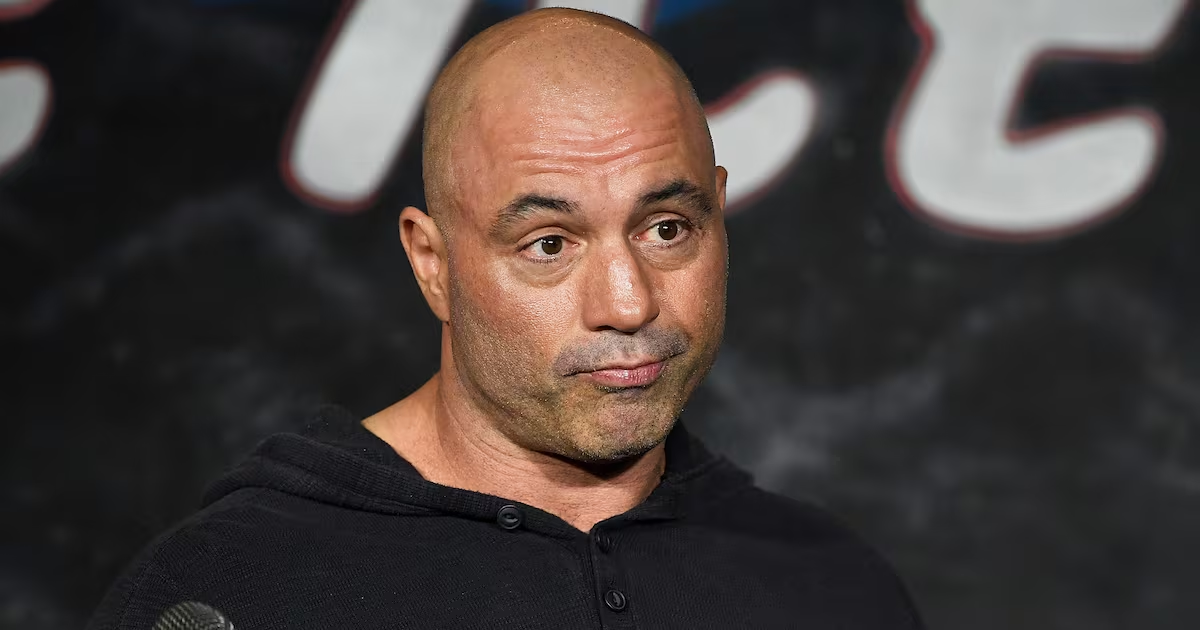While every delegate in a presidential primary counts, there are far bigger prizes on Super Tuesday than Massachusetts and Minnesota, where two sitting senators launched their presidential bids to the friendly roars of their home state fans.
But that hasn’t stopped Sen. Bernie Sanders (I-VT) from crashing on their turf.
With success and momentum on his side, the notion that a top Democratic candidate would compete everywhere on the biggest electoral day of the cycle is hardly radical. But that Sanders is making a deliberate home state play for two rivals, Sens. Elizabeth Warren (D-MA) and Amy Klobuchar (D-MN), shows how serious the senator is about not only amassing a large delegate lead but sustaining good optics beyond March 3.
“In 1992 the Democrats didn’t even compete in Iowa because Tom Harkin was running and he was from there,” said Kyle Kondik, a top elections analyst. “If this were 20 years ago, you’d expect Klobuchar to rob in Minnesota and Warren to rob in Massachusetts.”
Fast forward a few decades and things are much less polite. And decidedly more strategic. “If you’re the Sanders campaign, why would you show any deference to anyone?” Kondik asked.
The feeling that Sanders should aim to win Minnesota and Massachusetts despite their relatively small haul of 206 cumulative delegates was shared widely among state strategists and national race analysts. That both states have pockets of big progressive energy makes them all the more winnable for the senator this time around.
“If I was in his camp, I’d do exactly what he’s doing,” one longtime Democratic source in Minnesota politics said. “If he can knock off Amy and Elizabeth by winning their home states, holy smokes.”
The prospect is looking increasingly likely. Current polling in each state is sparse but indicates a closer-than-expected race between Klobuchar and Sanders and Warren and Sanders, respectively. No other candidate is within striking distance in either state. FiveThirtyEight’s 2020 election forecaster predicts Sanders will win Massachusetts, while Minnesota remains slightly more fluid in Klobuchar’s favor.
After he won there in a landslide against Hillary Clinton in 2016, Minnesota provides a fresh chance for Sanders to bag another victory. And in Massachusetts, where he lost to Clinton by just a percent and a half, the Vermont senator is hoping to shore up another New England victory to add to his New Hampshire win and expected Vermont success.
“There’s a difference between campaigning and making a point,” Mary Anne Marsh, a longtime political consultant in Massachusetts, said. “There’s no question Bernie Sanders would relish beating Warren and Klobuchar in their home states.”
Warren, who despite having built up significant goodwill over years, has lost recent ground to Sanders following his two wins. A survey conducted by UMass Lowell Center For Public Opinion from Feb. 12 to Feb. 19 places Sanders one point ahead of Warren at 21 percent and 20 percent, respectively. And with just five days until the Tuesday primary, where 14 states representing 40 percent of the country’s population are expected to vote, Sanders is holding events in Springfield on Friday night and on the Boston Common, a frequent gathering spot among college students, on Saturday.
As news broke about those events, Warren’s campaign announced a fresh slate of nearly 150 endorsements, writing “the movement for big, structural change in Massachusetts is in full swing.”
“The people of Massachusetts know Elizabeth best,” the campaign memo reads.
By Wednesday morning, Warren had scored The Boston Globe editorial board’s endorsement, which publicly supported her bid over Sanders. Of Warren, the board wrote that she “stands out as a leader with the qualifications, the track record, and the tenacity to defend the principles of democracy, bring fairness to an economy that is excluding too many Americans, and advance a progressive agenda.”
But after failing to come in above third place in any contest, the senator is already starting to lower expectations. Asked by a reporter in the spin room on Tuesday after the debate in Charleston if the senator could guarantee she’d win Massachusetts, she hedged.
“Look, I'm out here making my case to everybody all across the nation and I'm so deeply grateful to the people in my home state who helped me beat an incumbent Republican back in 2012,” she said. Pressed again, she again dodged the question.
Several strategists said that lack of certainty only cracks the door open further for the Vermont senator. “Sanders probably looks at Warren as someone he wants out of the race,” Kondik said when presented with her comment.
Meanwhile, over a thousand miles away, Klobuchar is narrowly in the lead in Minnesota. Indeed, the three-term senator’s ability to win “every race, every place, every time” has become one of her most frequently used lines in her stump speech. And while some Democrats have argued that analogy doesn’t necessarily translate into electoral success at the presidential level, it’s a tried and true argument that appeals to the loyal base who has repeatedly voted for the midwestern native.
But even that pitch could have its limits with Sanders in the mix, multiple state-based strategists said.
“If Klobuchar were to lose in her own state, that just about ends her campaign,” said David Schultz, a political science professor from Hamline University.
In a shift from the last election, Minnesota has moved away from a caucus, which tends to favor insurgent candidates with strong grassroots support, to an open primary for the first time in 30 years. In 2016, Sanders won over Clinton by over 23 points. This time, Klobuchar’s ability to pull moderate Republicans and Independents into the fold has been one of her strongest assets, and part of which led to her boomlet in New Hampshire. That support could come in handy for the primary set up, which would allow those groups of voters to participate, Democrats in the state said. But Sanders has also proven to have strength with Independents, and recent polling suggests he has been closing in on Klobuchar’s lead.
A recent Star Tribune/MPR Minnesota poll placed him at 23 percent, behind Klobuchar’s 29 percent, but within the margin of error. “From Sanders’ point of view, this makes sense,” Schultz said. “This was one of his big states.”
Looking to keep a handle on her own advantage, the senator spent last Saturday—the night of the Nevada caucuses where she came in a disappointing sixth place—in Minneapolis. “A lot of people didn't even think that I would still be standing at this point, they didn't think I'd make it through that speech in the snow,” she said, in an oft-repeated line.
But Sanders had already started moving in on her terrain, racking up endorsements from progressive Rep. Ilhan Omar, one of the freshman so-called “Squad” members of Congress and the state’s Attorney General Keith Ellison. Following a November rally in Minneapolis last year, the senator’s campaign announced on Wednesday he is heading to St. Paul for a concert event on the eve of Super Tuesday.
But before it was even announced, Klobuchar was already making the cable news rounds attempting to disabuse viewers of the notion that Sanders could pull off another victory in her state.
“I think it would be really difficult for him in our state,” Klobuchar said on MSNBC’s Morning Joe. “The one person that wins hugely in our state is me.”





